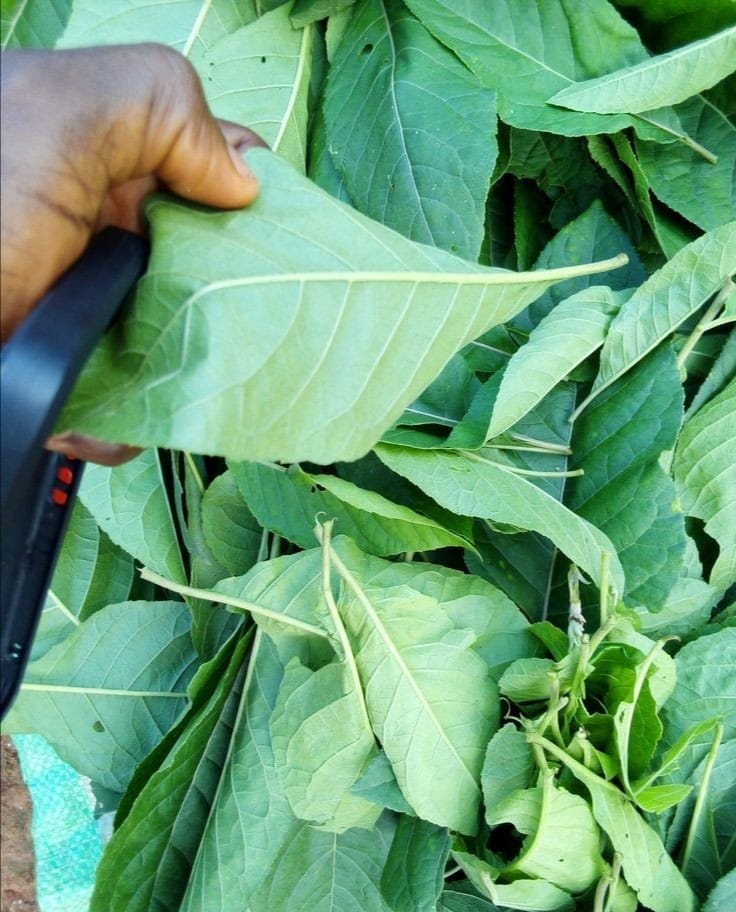Bitter leaf, scientifically known as Vernonia amygdalina, is a leafy green vegetable that is widely consumed in various parts of Africa and beyond. Renowned for its distinctive taste and numerous health benefits, bitter leaf is not only a staple in traditional dishes but also a powerhouse of nutrition.
Nutritional Profile:
Bitter leaf is rich in essential nutrients, making it a valuable addition to any diet. It contains a variety of vitamins and minerals that contribute to overall health. Key nutrients found in bitter leaf include:
Vitamins:
Bitter leaf is particularly high in vitamins A, C, and E. Vitamin A is crucial for maintaining healthy vision and skin, while vitamin C is a potent antioxidant that supports the immune system and aids in the absorption of iron. Vitamin E is important for cellular function and has anti-inflammatory properties.
Minerals:
This leafy vegetable is a good source of essential minerals such as calcium, iron, potassium, and magnesium. Calcium is vital for bone health, iron is essential for red blood cell production, potassium helps regulate blood pressure, and magnesium plays a role in many biochemical reactions in the body.
Fiber:
Bitter leaf is high in dietary fiber, which aids in digestion and helps prevent constipation. A high-fiber diet is associated with a lower risk of chronic diseases, including heart disease and type 2 diabetes.
Health Benefits
The consumption of bitter leaf is linked to several health benefits, largely due to its rich nutritional content and bioactive compounds. Some notable benefits include:
Antioxidant Properties:
The presence of vitamins C and E, along with other phytochemicals, gives bitter leaf strong antioxidant properties. Antioxidants help combat oxidative stress and reduce the risk of chronic diseases, including cancer and heart disease.
Anti-inflammatory Effects:
Bitter leaf has been shown to possess anti-inflammatory properties, which can help in managing conditions such as arthritis and other inflammatory diseases.
Blood Sugar Regulation:
Some studies suggest that bitter leaf may help in regulating blood sugar levels, making it a beneficial food for those with diabetes or at risk of developing the condition.
Digestive Health:
The fiber content in bitter leaf supports a healthy digestive system, promoting regular bowel movements and preventing digestive disorders.
Weight Management: Low in calories yet high in nutrients, bitter leaf is an excellent choice for individuals looking to manage their weight. Its fiber content also promotes satiety, helping to control appetite.
Culinary Uses
Bitter leaf can be prepared in various ways, including boiling, sautéing, or incorporating it into soups and stews. Its strong flavor can be balanced with other ingredients, making it a versatile addition to many dishes. In some cultures, the leaves are dried and powdered for use in traditional herbal remedies.










